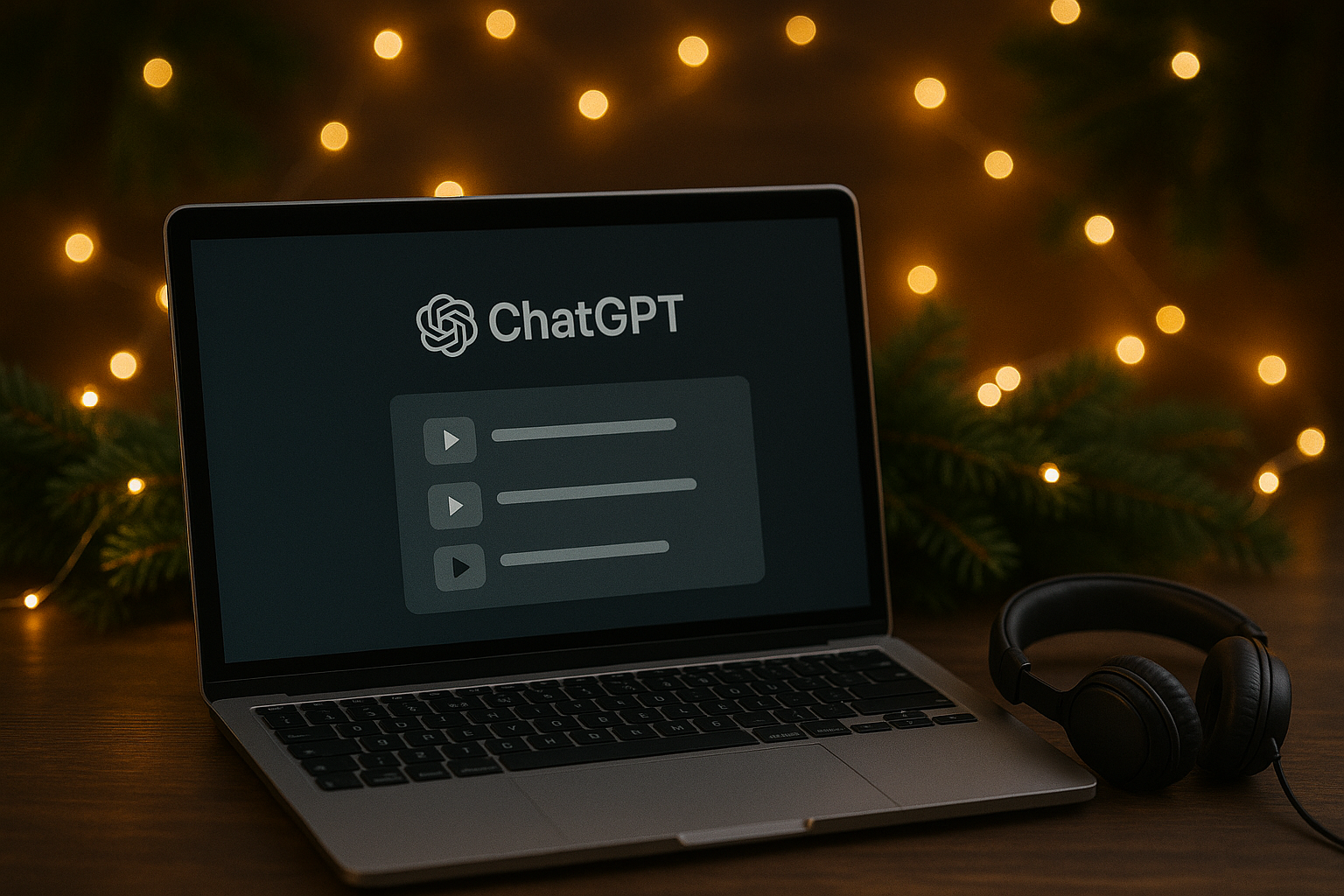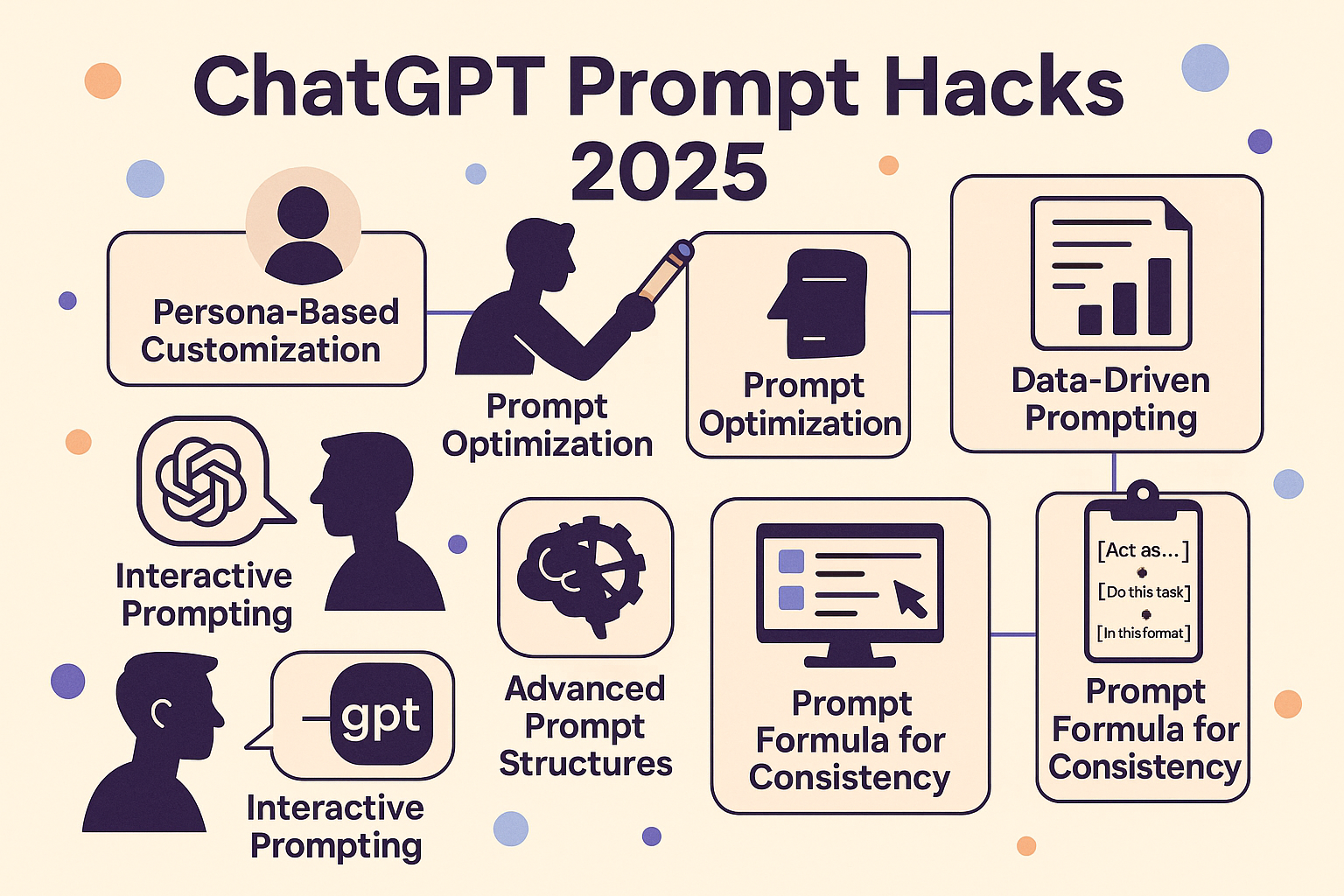ChatGPT vs Writesonic: A Comprehensive Comparison of AI Writing Tools
Unraveling the Features, Technology, and Use Cases of Leading Content Generation Platforms

In the world of AI-powered content generation, two names often surface in discussions: ChatGPT and Writesonic. Both platforms have carved a niche for themselves, offering unique features and capabilities that cater to different user needs. This article delves into a detailed comparison of these two leading tools, examining their features, underlying technology, plugins, use cases, and interfaces.
Features: A Tale of Two Platforms
ChatGPT, developed by OpenAI, is a conversational AI chatbot that can generate text based on any given prompt. Its vast knowledge base and language capabilities make it a reliable resource for expanding creative horizons. The ability to create graphs and analyze data effortlessly using generative content provides a significant advantage for data-driven projects. However, the model sometimes struggles with understanding nuanced or complex queries, leading to less accurate or satisfactory answers.
On the other hand, Writesonic is a writing assistant that offers pre-built templates to help users create content. Users have praised its ease of use and instant results. For a non-copywriter, it's very easy to get well-written, relevant copy when using Writesonic. However, some users have noted that tutorials are missing, and it was a little confusing about which option gave you the full blog post.
Underlying Technology: The Power Behind the Platforms
ChatGPT uses transformer networks for generating human-like responses. It can be fine-tuned for specific NLP tasks such as question answering and translation. The technology behind ChatGPT is a product of extensive research and development, making it a reliable tool for content generation.
Writesonic, on the other hand, is powered by GPT-3.5 and GPT-4, sifting through vast internet data to create up-to-date and reliable content. It supports content generation in 25 languages and allows users to set the tone of the content. Writesonic integrates with SurferSEO to bring vital SERP and keyword data into the writing process.
Plugins: Extending the Functionality
ChatGPT offers a range of plugins that extend its functionality. For instance, it can process and generate code, making it a versatile tool for developers and programmers. It also offers plugins for various applications, including SEO optimization and content generation for specific industries.
Writesonic also offers a range of plugins, including Chatsonic, an AI chat assistant designed to mimic human-like conversation, and Botsonic, an AI conversational chatbot for personalized and interactive conversations. These plugins allow Writesonic to cater to a broader range of user needs.
Use Cases: Versatility in Application
ChatGPT shines in its versatility. It can be used for a variety of tasks, from drafting emails and writing articles to coding and data analysis. Its ability to generate human-like responses makes it an excellent tool for customer service and support.
Writesonic, on the other hand, is designed for content marketing. It excels in creating high-quality written content optimized for specific purposes, such as product descriptions, social media posts, and website copy. It's particularly useful for businesses looking to create content at scale.
Interface: User Experience Matters
When it comes to the user interface, Writesonic has a more user-friendly design compared to ChatGPT. Its streamlined interface makes creating, editing, and publishing content a breeze. However, some users have noted that it can be a bit confusing to understand which option gives you the full blog post.
ChatGPT, while offering a wealth of features, may require a more advanced understanding to generate tailored content effectively. Despite this, reviewers have found ChatGPT easier to use overall.
Conclusion: Choosing the Right Tool for Your Needs
Both ChatGPT and Writesonic offer powerful features for content generation. Your choice between the two will depend on your specific needs. If you're looking for a tool that can handle a wide range of tasks and generate human-like responses, ChatGPT is a great choice. If you need a tool specifically designed for content marketing and offers a user-friendly interface with pre-built templates, Writesonic is the way to go.
Disclaimer: this article is written 100% independent but links to Writesonic are affiliate links.



